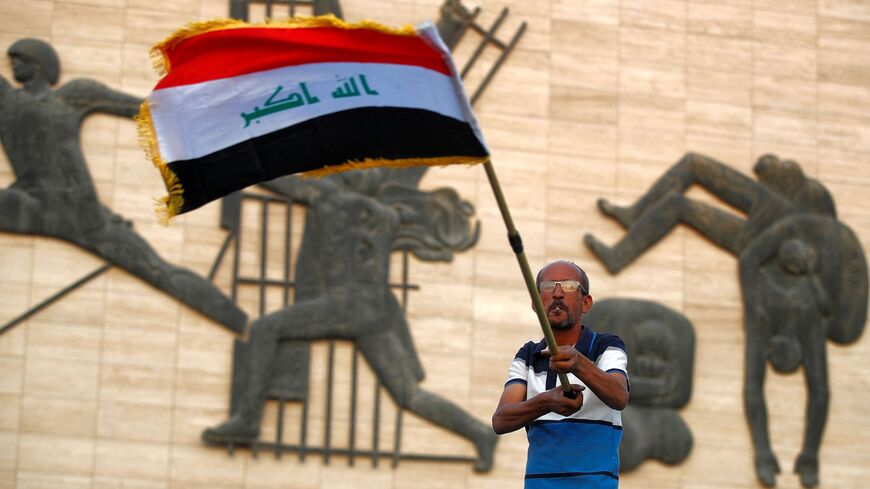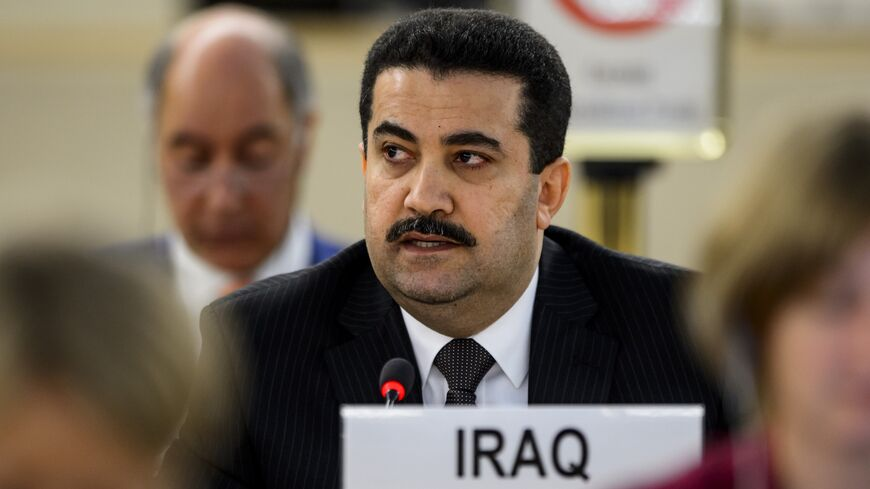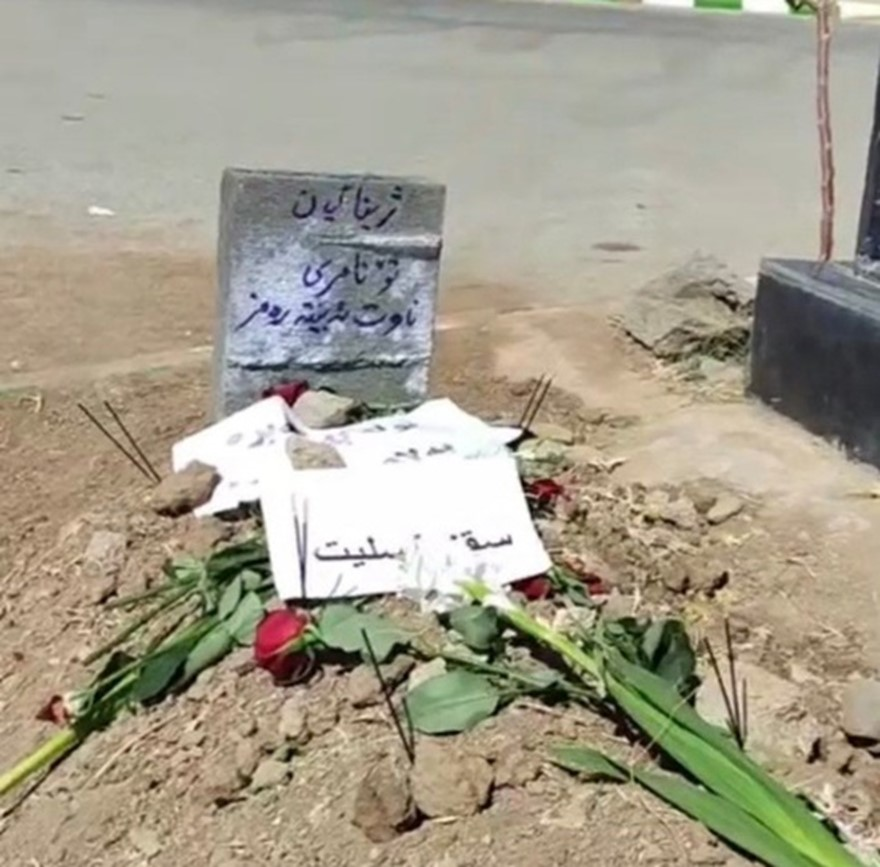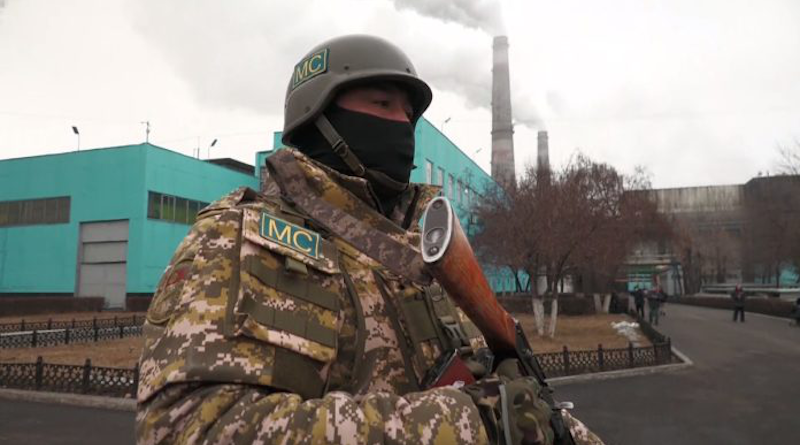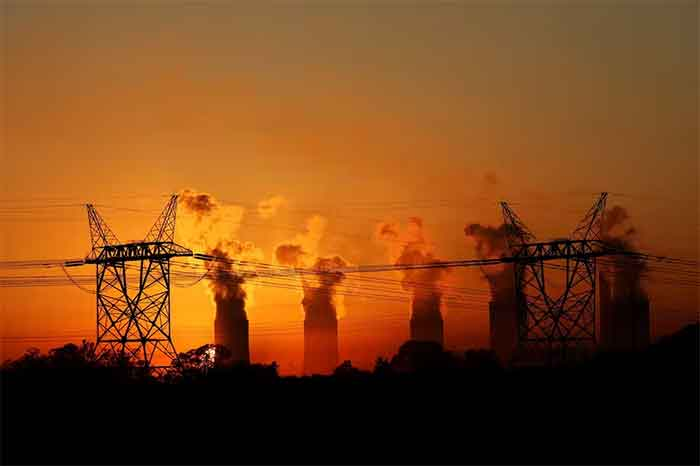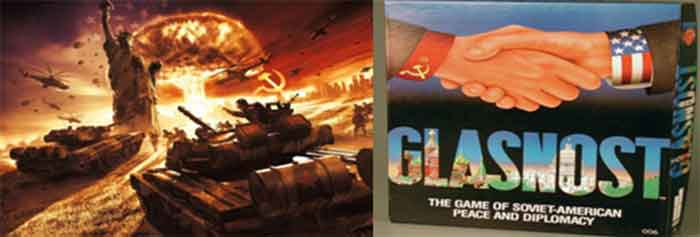Russian Experts On Central Asia Warn: Turkey Has Far-Reaching Plans For The Post-Soviet Space, Including Parts Of Russia

Turkey has enjoyed friendly treatment in the Russian press that has praised Turkey for refusing to knuckle under to the Americans and join the sanctions against Russia. It is the tough interlocutor that looks after its interests as opposed to the supine Europeans, who are shooting themselves in the foot by following the American lead. Yes, there are places such as Syria, where Russian and Turkish interests diverge, but this only attests to the diplomatic acumen of Vladimir Putin, who manages to achieve a modus vivendi with Ankara that serves both Russia’s and Turkey’s interests.

